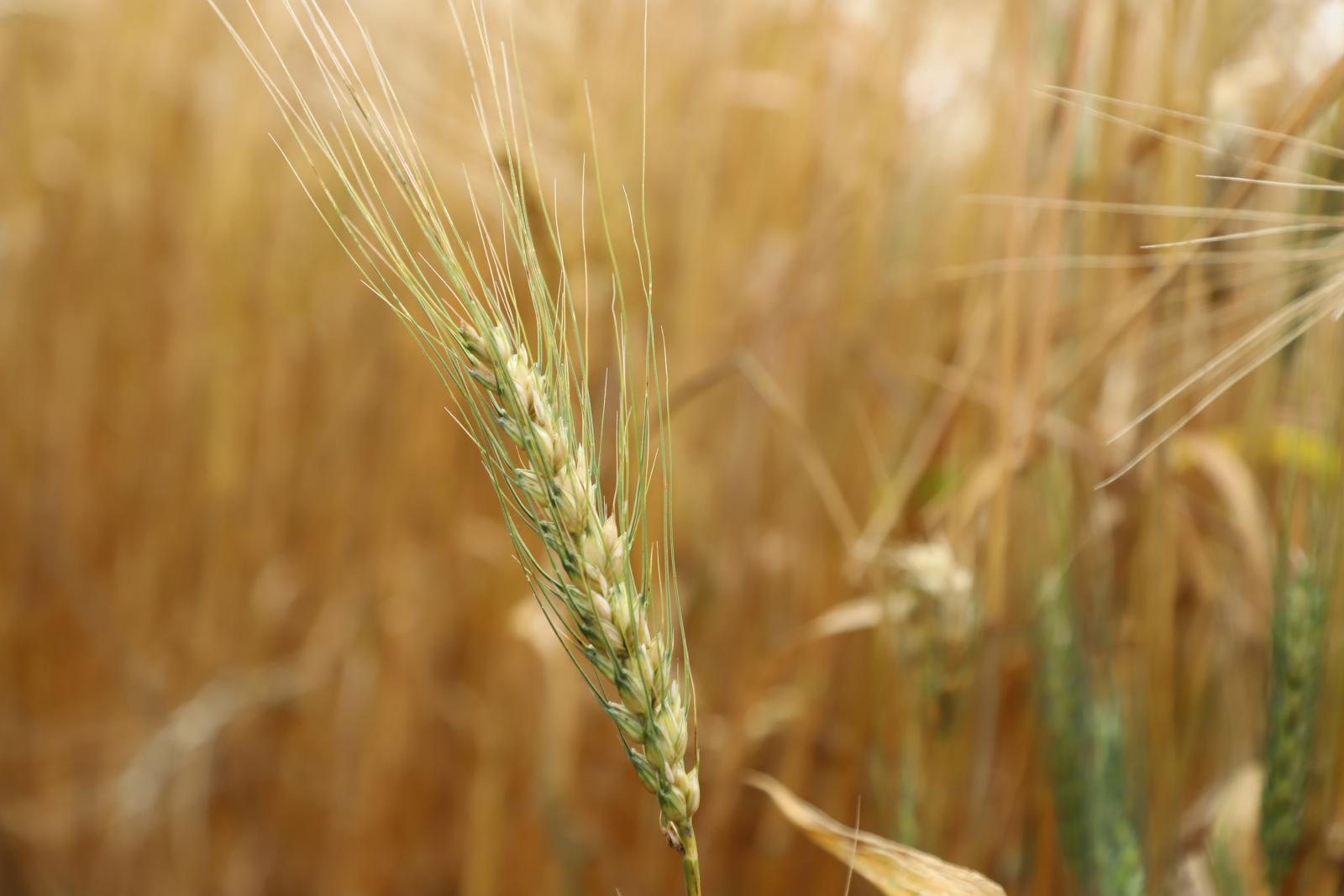Instructor(s): Katherine Frels
Number of Credit Hours: 3
Offered: Annually, Spring semester
Prerequisites: PLAS 415 requires PLAS 215, BIOS 206 or other intro to genetics course. A previous genetics course is strongly recommended for AGRO 815.
Description: Applied Plant Breeding and Genetics provides an in-depth introduction to the use of genetic and phenotypic data to develop and select improved plant cultivars. Students will learn about the challenges of plant genetic and reproductive characteristics such as polyploidy, self-incompatibility, and quantitative variation, and how plant breeders develop solutions to these problems in their research and development programs. Students will study how key plant breeding theories are applied in agronomic and horticultural crop species.
Who should take this course: Applied Plant Breeding and Genetics is developed for advanced undergraduate students and graduate students with limited plant breeding experience. This course is recommended for undergraduates applying to plant breeding industry jobs or graduate school and for graduate students who lack prior coursework in plant breeding and are pursuing M.S. or Ph.D. degrees in the Plant Breeding and Genetics Specialization.
Why take this course: This course will develop your understanding of the goals for plant improvement, the theories plant breeders apply to make genetic improvement, and the tools and methods that can be used develop a plant breeding pipeline. This course will challenge you to develop your critical thinking skills while using genetic theories to solve real-world challenges in plant improvement.
How course taught: The course will be delivered via pre-recorded lectures and weekly live sessions for interactive discussions, problem solving, and guest speakers. Online students will attend scheduled class time sessions via Zoom.
This course is designed for early career plant breeders to achieve the following learning outcomes:
- Explain how theories of plant breeding are used to characterize genetic and phenotypic variation.
- Identify sources of variation in plants and compare methods for generating additional variation.
- Describe methods select to improved plants for future use as inbred varieties, inbred lines for hybrid productions, and hybrid cultivars.
- Propose breeding methods for different breeding objectives such as yield improvement, stress resistance, or end-use quality.
- Describe how plant breeders use product development pipelines to manage parents, populations, and individual breeding lines to release pure-line cultivars or F1 hybrids.
- Examine the challenges related to and the importance of ethics and intellectual property in plant breeding.
